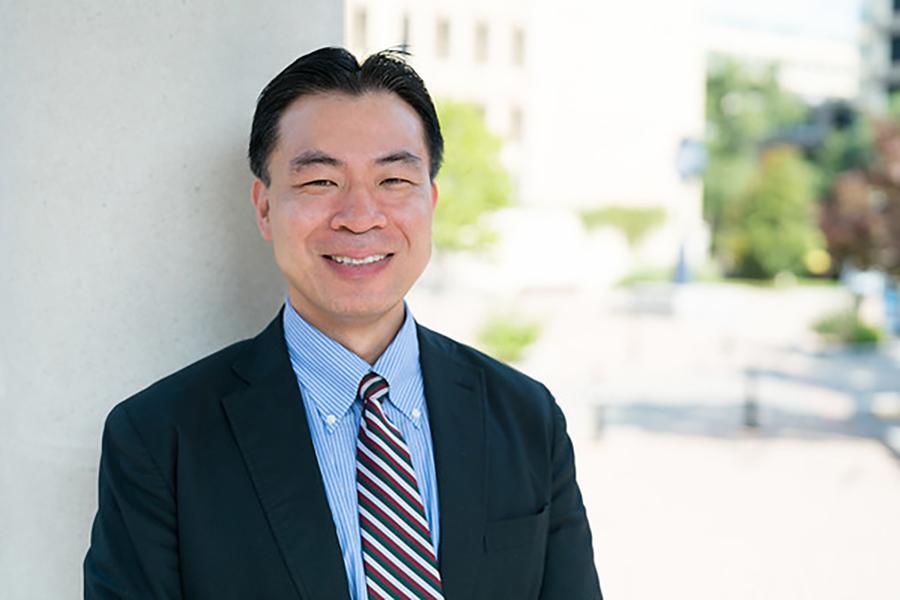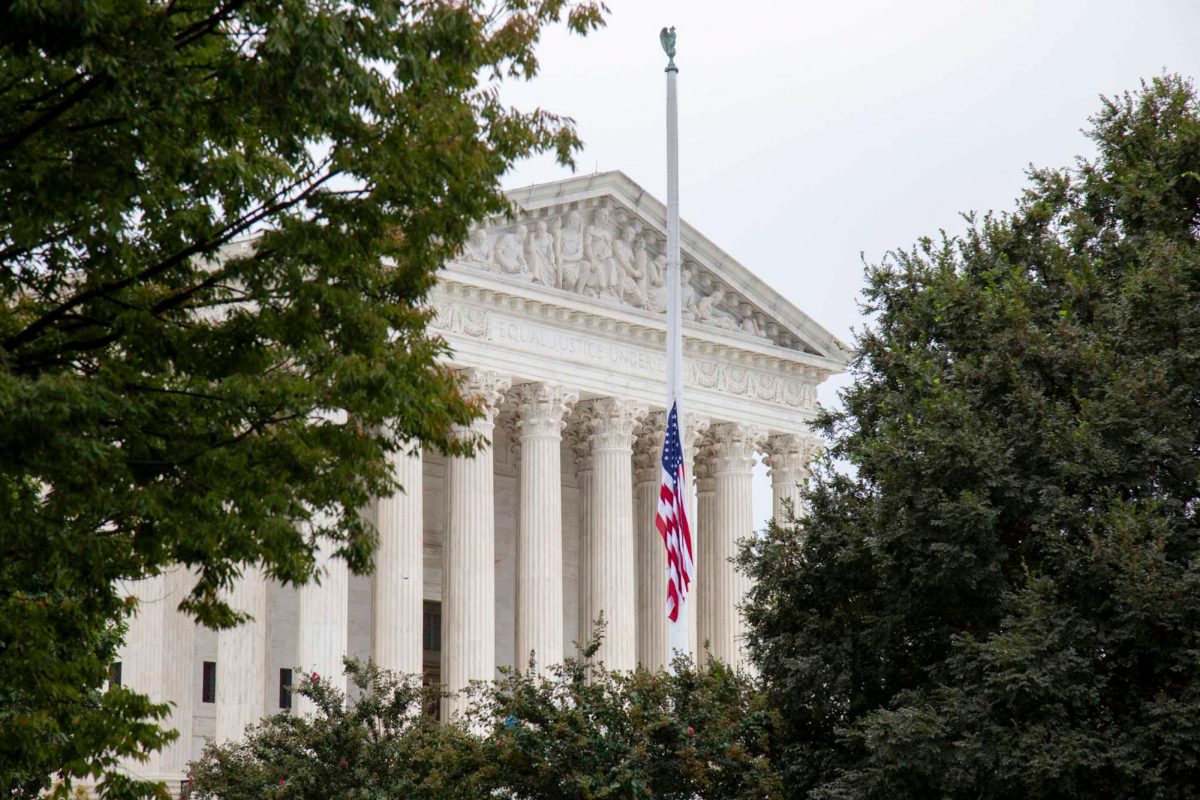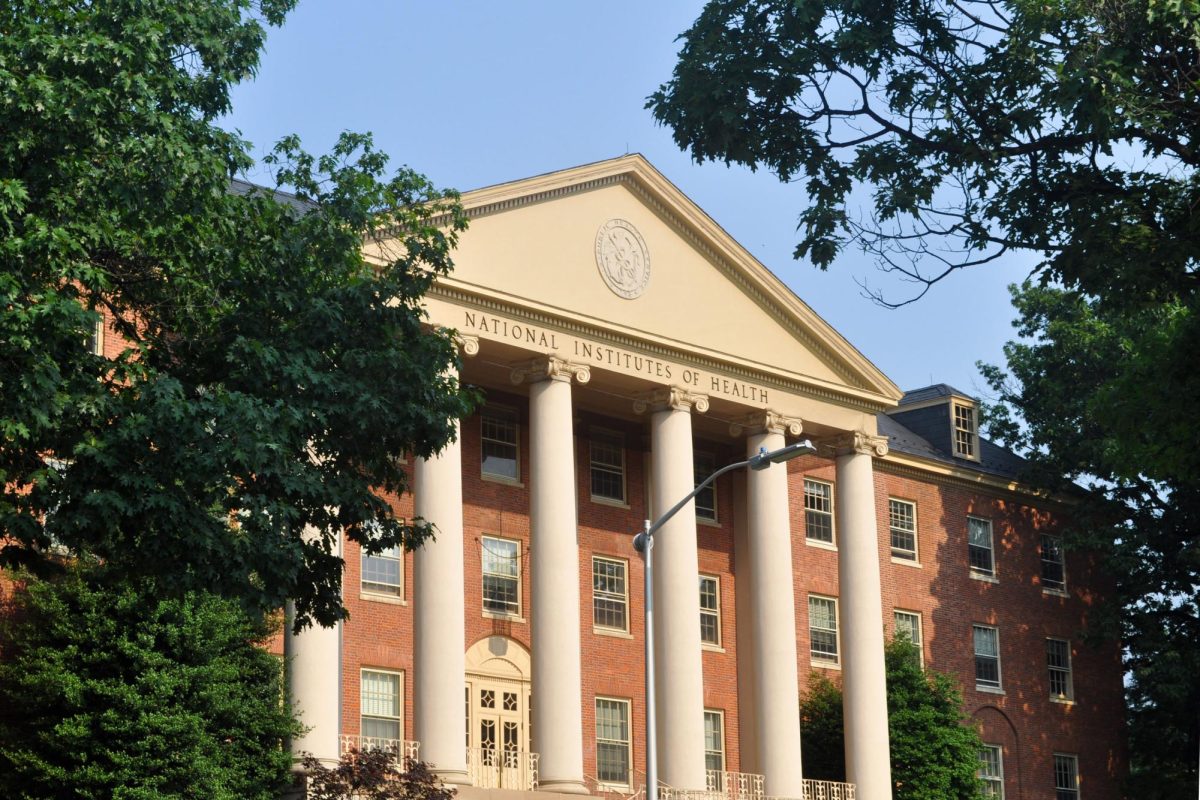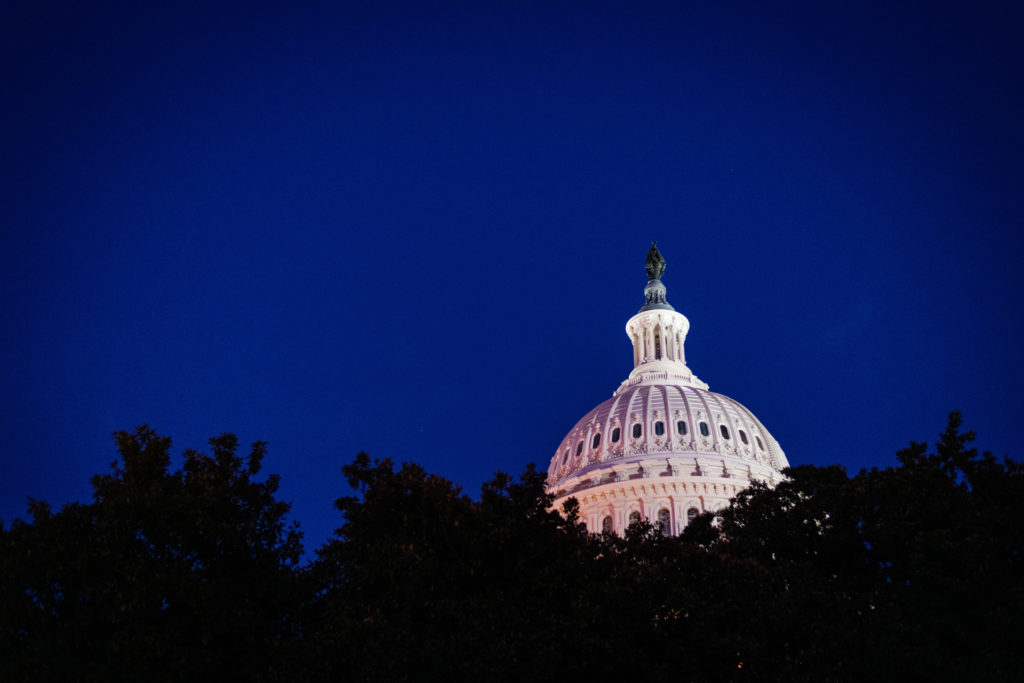A health policy professor received a $1 million grant to increase COVID-19 vaccine access among D.C.’s socially vulnerable communities late last month.
Y. Tony Yang, a professor of public policy in the School of Nursing and the Milken Institute School of Public Health, said he will use the grant to minimize vaccine hesitancy in wards 7 and 8, where only 32 and 24 percent of residents are fully vaccinated, respectively. He said his team will talk to people in places like churches and barber shops, work with community partners and post infographics and videos on Facebook and Twitter to provide underserved communities with information about the vaccine’s safety and efficacy.
The grant comes from the Human Resources and Services Administration, a federal agency of the U.S. Department of Health and Human Services.
Yang said his team used the Centers for Disease Control and Prevention’s social vulnerability index, which weighs factors like poverty and crowded housing, to identify communities most in need of increased coronavirus vaccine access. His team will use a portion of the $1 million funding to hire community workers who directly engage with unvaccinated individuals from underserved communities.
“We try to connect with them and use CDC’s information and try to train our community health workers about the vaccine misinformation, how to address vaccine hesitancy and trying to build trust with the minority community and build trust with the vaccine safety,” Yang said.
Yang said his team’s strategy will focus on communication, and researchers will strive to address the community’s concerns about the vaccine. He said many of the individuals who don’t want to get the vaccine distrust the government and health care systems that promote it.
Distrust in health care among minority communities can be attributed to a lack of access to quality treatment and events like the Tuskegee experiment in 1932, when African American men with syphilis were given a fake treatment instead of medication that would cure their disease.
Yang said essential workers in the District are unvaccinated, which is problematic because they are in constant contact with people in D.C.
“They don’t have the luxury of working from home,” Yang said. “They have to go do their jobs on the ground.”
Yang said his team has community partners like Grapevine Health, an organization that works to increase public health literacy, who have developed strong connections with individuals who are hesitant about vaccination. He said his team reaches out to and shares information about the vaccine with these partners, who are locals of socially vulnerable communities and have “deep” relationships with unvaccinated individuals.
The partners will pass on information about the vaccine to educate other members of their community, Yang said.
He said he hopes the project’s focus on socially vulnerable communities will show people in the District that GW is interested in the health care scene beyond just its own surrounding area, whose population has a high median income and is predominantly white.
“I think this project will help to improve maybe GW’s impression that we are not just located in the rich area but that we also care about the area not too far away but not doing so well,” Yang said.
David Bowman, a public affairs specialist for HRSA, said Yang’s grant application was “one of the highest-scoring” submissions based on their review committee’s criteria. He said the project will provide outreach to 36,000 individuals who are deemed at-risk of contracting the coronavirus according to CDC’s social vulnerability index, including members from African American, Hispanic and Asian American communities.
Bowman said Yang’s team will increase data sources that help to monitor vaccination outcomes. He said Yang will rely on community outreach workers who will mobilize to spread information about the vaccine’s efficacy.
“The purpose of the program is to establish, expand and sustain a public health workforce to prevent, prepare for and respond to COVID-19,” Bowman said in an email. “This includes mobilizing community outreach workers to serve as trusted messengers.”
Experts in vaccine mistrust and epidemiology said using social media and partners who are deeply connected to their respective communities is an effective method to increase trust in the vaccine.
Maya Goldenberg, a professor of philosophy at the University of Guelph who studies vaccination mistrust, said said members of mistreated minority communities may be more likely to trust the vaccine if they see others from their own community getting vaccinated, similar to Yang’s strategy to collaborate with community partners.
“They may not trust public health officials, but they’re more likely to trust people that come from their community and share their history and values,” Goldenberg said. “So we’ve seen efforts, let’s say, to recruit Black scientists and healthcare providers.”
Joshua LaBaer – the executive director of the Arizona State University’s Biodesign Institute, a global health research institution – said the low rates of vaccination in Wards 7 and 8 are “concerning.” He said another wave of COVID-19 infections is starting to sweep the country and the people who are being admitted into hospitals are overwhelmingly those who are unvaccinated.
Fully vaccinated individuals made up only 0.1 percent of the total hospitalizations for COVID-19 in the District since vaccination began, according to The New York Times.
“People who’ve been vaccinated tend not to get COVID at all, or if they do get it, it’s a mild case,” LaBaer said.
Ishani Chettri and Abby Kennedy contributed reporting.








